CES 2025 promises to once again light up Las Vegas by showcasing the most exciting and groundbreaking technology announcements of the year.
Starting Monday, January 7, CES 2025 will feature everything from highly anticipated product announcements to groundbreaking gadgets and inventions that reimagine how technology fits into our lives. From next-generation TVs and smart homes to cutting-edge AR and VR solutions, some of the biggest names in tech will present smart solutions tightly integrated with AI.
Tom's Guide team will be onsite to explore the show floor and bring you the latest news and first impressions of the hottest new technologies.
Expect in-depth coverage throughout the event, and be prepared to see many of these products featured on our site in the months ahead as we dive into in-depth reviews. Also, be prepared to see many of these products featured on our site in the coming months as we dive into in-depth reviews.
For now, I am asking our experts for their predictions on what to expect from the show.
While I have yet to see a truly useful (and exciting) AI-driven TV feature, I am well aware that most major TV brands are eager to make AI features an important part of not only their next TV lineup, but their overall brand identity We know this.
I think we're going to see a host of software-based features that promise to leverage AI responsibly and offer exciting and convenient new ways to interface with TVs. I'll be interested to see if their claims are correct.
On the hardware side, there is no doubt that OLED TVs in 2025, especially displays enhanced with quantum dot and micro lens array technology (like Samsung and LG's flagship models), will have improved brightness.
Through clever engineering, these impressive displays are slowly but steadily getting brighter with each passing year. The brighter they get, the better they tend to look. However, display technology still has quite a way to go before it can match the scorching highlights of high-end mini-LED TVs.
Speaking of mini-LEDs, the 2025 CES is much anticipated to be a victory for viewers seeking more affordable mini-LED TVs. Hisense broke the dam a few years ago when it announced that its entry-level U6 series would feature ultra-low-cost Mini-LED backlighting.
Competing brands have yet to join Hisense's efforts to bring Mini-LED TVs to the masses. In particular, one should keep an eye on rival brand TCL, which has long offered affordable TVs with high-end features.
AI was the buzzword of CES 2024. This particular acronym was mentioned (yes, we counted) over 300 times in the seven days we spent in Las Vegas earlier this year. But what does AI actually mean when it comes to consumer technology? That is a bit unclear.
The start of the year was defined by companies trying to figure out what AI devices actually are and the results... Well, it was terrible; Humane AI Pin became rather essentially an unknown entity, and the company shifted its focus to software development.
Really, the only thing that made headway (emphasis on the head) was Ray-Ban's Meta smart glasses; as for AI hardware, expect to see more smart glasses in Las Vegas.
Elsewhere, AI is expected to play an almost dual role among more thoughtful implementations like TV, kitchen tech, and audio.
For some time now, new laptops at CES have been as inevitable as day turning to night. A little refinement in hardware design, some performance improvements, and the day is over. New GPUs, new CPUs, and technologies developed to flirt with new form factors.
Familiar manufacturers such as Asus, Acer, Lenovo, Dell, and Razer will be announcing new systems with one of these:
And finally, whatever the next phase of laptop design is, I think we are fast approaching. Companies have been dabbling in the foldable display/dual display format for a while now, some with success, like the Asus Zenbook Duo, and some with a bit of failure, like the HP Spectre Fold.
The only real barrier here is the components: namely, the reliability and capability of the components. Expect advances in foldable displays, improved reliability of mechanical parts, and core parts (e.g., fans) to maintain such a slim form factor.
Since it is a new year, we expect to see the best gaming laptops with similarly new CPUs and GPUs at CES 2025. This is not a bold prediction, given that we see specs constantly improving in new laptops, but it is still worth getting excited about. We are especially curious to see what new CPUs companies like Intel, AMD, and Qualcomm will unveil. And of course, I would be shocked if there is no official announcement regarding Nvidia's upcoming laptop GPUs.
No doubt the companies will brag about higher performance and new cooling solutions, but I'd like to hear more discussion centered around improving the player experience. Specifically, I would like to see apps like “Legion Space” and “Omen Gaming Hub” to give players more control over how they allocate resources on their machines when they are gaming and when they are not.
The ability to automatically optimize game settings to maximize performance (similar to the solution in the Nvidia Experience app) would be great. Of course, we can't forget the RGB lighting controls.
A trend I noticed in 2024 that I expect to carry over into 2025 is more gaming laptops that don't look like gaming laptops. Don't get me wrong, I enjoy the flashy, wild designs of the old Alienware laptops, but I'm not a “WATCH OUT. This guy is a gamer, and at CES in 2025, laptops like the humble HP Omen Transcend 14 and Asus Zephyrus G14 Expect to see more tops.
Wi-Fi is something most of us take for granted until we lose connection or have no signal; at CES 2024, we saw several new Wi-Fi 7 routers, and this year TP-Link, Netgear, Asus, and others will have mid-range and budget options will be on display in a big way.
The first wave of Wi-Fi 7-equipped routers and mesh routers were prohibitively expensive for all but the early adopters. Now, however, mid-range options and even lower budget options are beginning to hit store shelves. A big reason for this is dual-band Wi-Fi 7 routers, with the faster 6Ghz band first introduced in Wi-Fi 6E being passed over in favor of affordability. However, most of the new features of Wi-Fi 7 are included.
Cheaper Wi-Fi 7 routers and their assortment will give smartphone and laptop makers the boost they need to begin adding this new wireless technology to their devices. However, now that the PS5 Pro has Wi-Fi 7, other devices, such as TVs and game consoles, will also be equipped with Wi-Fi 7.
Mini-PCs are also having their heyday, and many will be on display at this year's CES. the launch of the Mac mini M4 has renewed interest in mini-PCs, and it would not be surprising to see Windows-based mini-PCs attempting to emulate their sleek, compact design It would not be surprising to see Windows-based mini-PCs attempting to emulate its sleek and compact design. Desktop and laptop PCs have their place, and the mini PC fits nicely between the two.
Finally, on the computing side, I think spatial computing will be greatly promoted now that Meta Quest 3S has made spatial computing more accessible and affordable. Apple Vision Pro was not as big a hit as initially hoped, but now other companies are trying to bring this very futuristic technology to an even wider audience.
.



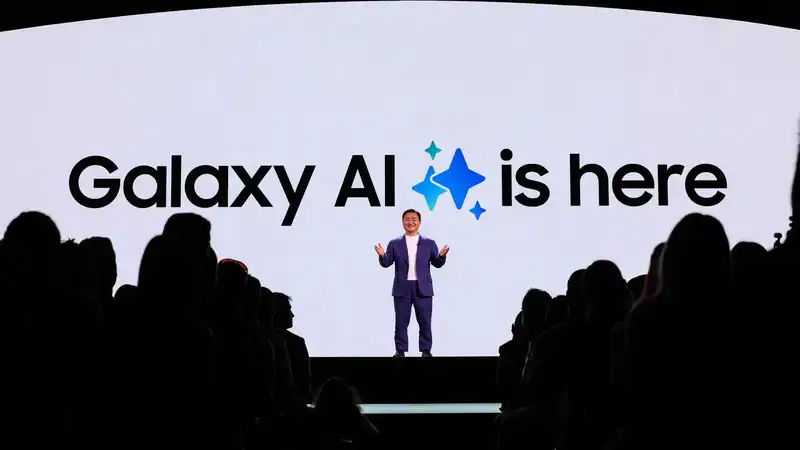

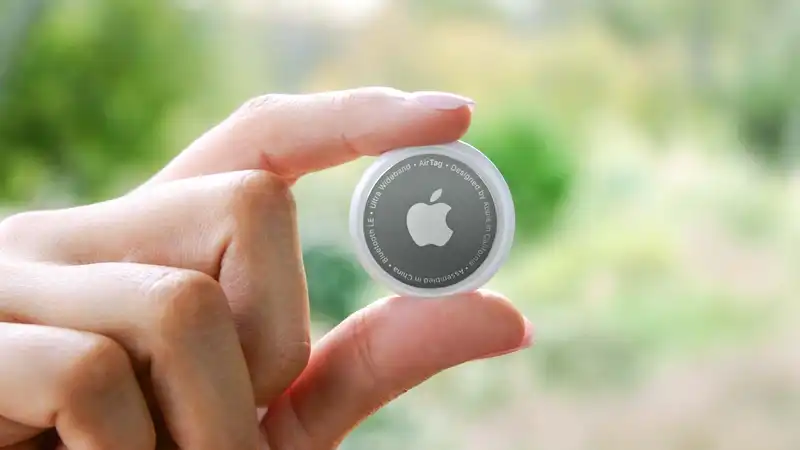
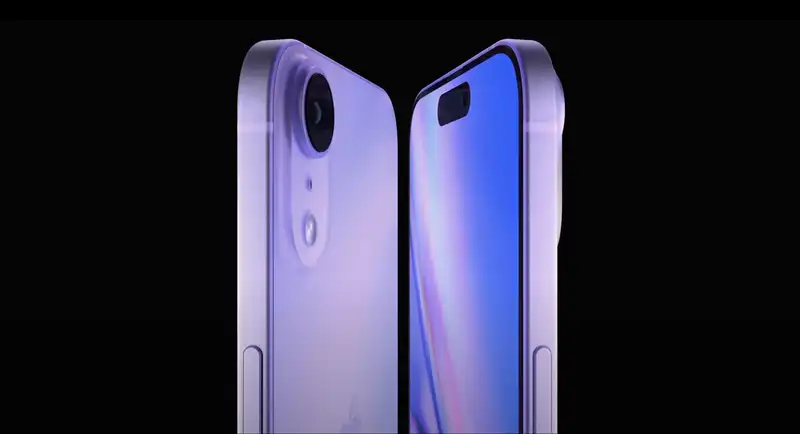
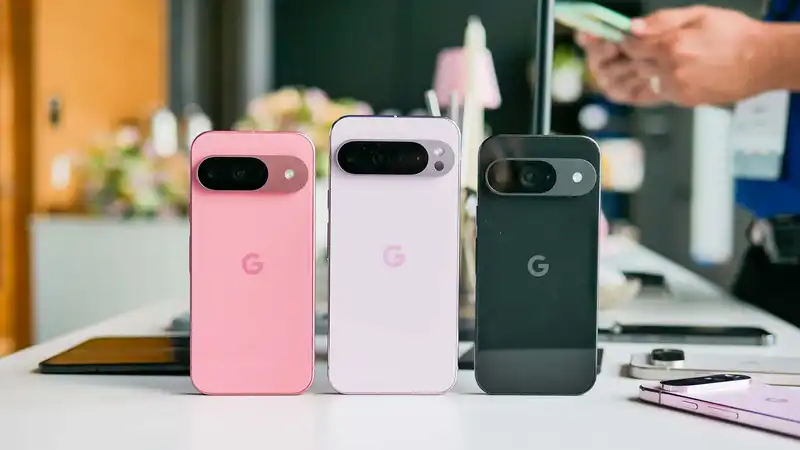
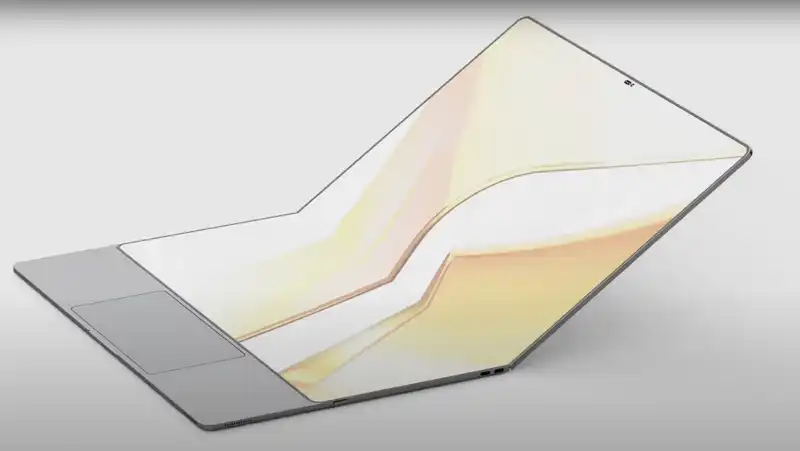
Comments